FALLS CHURCH, Va. — Beginning Monday, July 1, a wide array of new laws will take effect across the Commonwealth of Virginia, bringing changes that impact daily life for residents in Falls Church and beyond. These laws stem from the work completed during this year’s Virginia General Assembly session, addressing everything from digital privacy and public safety to environmental protection and school safety.
Some of these new laws will be immediately noticeable; others are more technical, but no less meaningful. Here’s a look at the most significant changes taking effect and what they mean for you.
Environment & Public Health
Polystyrene Ban for Large Food Vendors
Starting July 1, large restaurant chains (those with 20 or more locations) and nonprofit food vendors are banned from using polystyrene takeout containers—including foam cups, plates, and clamshells. This is part of Virginia’s broader push to reduce single-use plastics and microplastics in local waterways.
-
By 2026, this restriction will apply to all food vendors, though hardship exemptions may be available for some small businesses.
Transportation & Road Safety
Seatbelt Requirement for All Passengers
Everyone in a vehicle, including adult back-seat passengers, must now wear a seatbelt. Noncompliance could result in a $25 fine. While this is a secondary offense (meaning you must be pulled over for another reason), it reinforces a growing push for vehicle safety.
Criminal Penalty for Allowing Unlicensed Teens to Drive
It is now a Class 1 misdemeanor to knowingly allow an unlicensed or learner’s permit teen to drive a vehicle. Prompted by recent fatal crashes involving underage drivers, this law carries a potential sentence of up to 12 months in jail and a $2,500 fine.
Tougher Penalties for Injuring Pedestrians or Cyclists
Drivers who fail to yield and seriously injure or kill a pedestrian or cyclist can now be charged with a Class 1 misdemeanor—a significant escalation meant to improve pedestrian and bicycle safety.
Public Safety
Tampering with Mail Now a Felony
Interfering with someone else’s mailbox or mail, including stealing checks or packages, is now a Class 6 felony. This law targets a rise in check-washing and porch piracy incidents.
Expansion of Hate Symbol Law
Virginia’s law prohibiting public swastika displays with the intent to intimidate now extends to private property, closing a previous legal gap and reinforcing the state’s stance against hate.
Employer Liability for Workplace Assaults
Employers, especially those working with vulnerable populations, can now be civilly liable if they fail to prevent workplace assaults by employees.
More Time for Crime Victims to Seek Help
Victims of violent crimes now have three years—up from just one—to file for compensation with the Virginia Victims Fund. This change offers survivors more time to access financial and emotional support.
Consumer Protection
Reproductive Health Data Now Protected
Digital platforms can no longer collect or sell Virginians’ reproductive or sexual health data without explicit consent. In the wake of Dobbs v. Jackson, this law is seen as a major step for digital privacy and bodily autonomy.
Transparent Fees for Food Delivery Apps
Apps like DoorDash and Uber Eats must now disclose all fees—including service, delivery, and small order charges—before you place an order, ending the trend of surprise charges at checkout.
Education & School Safety
Authority to Restrict Cell Phone Use in Schools
School districts are now officially authorized to set policies that restrict student cell phone use during school hours. Though many districts, including Fairfax County, have already implemented such policies, this change allows others to follow suit with legal backing.
Heat Safety Protocols for School Sports
All Virginia schools are now required to implement extreme heat safety protocols for sports and outdoor activities. This law aims to prevent heat-related illnesses, especially during summer and early fall practices.
Formal Cyberbullying Policies Required
Schools must adopt formal policies to address cyberbullying, whether incidents occur on or off campus, so long as they affect students’ well-being. The goal is to better protect children in the digital age.
Campaign Finance Reform
Ban on Personal Use of Campaign Funds
As of July 1, candidates and elected officials are prohibited from using campaign donations for personal expenses like mortgage payments, vacations, or private club memberships.
-
Virginia was one of the last states without this restriction, and this new law brings the Commonwealth in line with national norms for campaign finance transparency.
What It Means for Falls Church
From new safety requirements in your child’s school to clearer pricing on your next food delivery, these laws touch nearly every part of daily life in Falls Church. They aim to make Virginia safer, cleaner, more equitable, and more transparent.
Whether you’re a parent, driver, employer, student, or voter, it’s important to understand these changes and how they affect you. For a full list of legislation going into effect on July 1, visit the Virginia Department of Legislative Services website and look for the latest edition of “In Due Course” at dls.virginia.gov.
(Del. Marcus Simon represents Falls Church in the Virginia House of Delegates.)

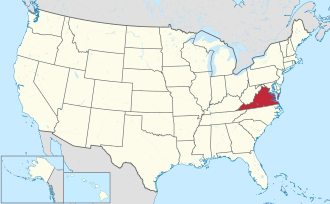
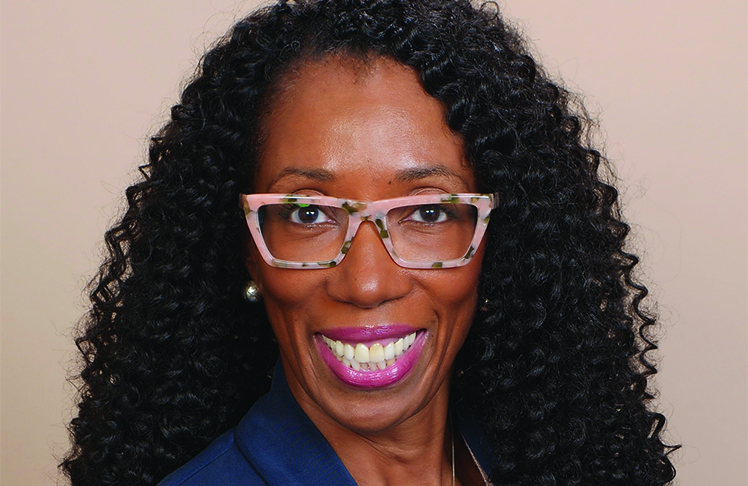
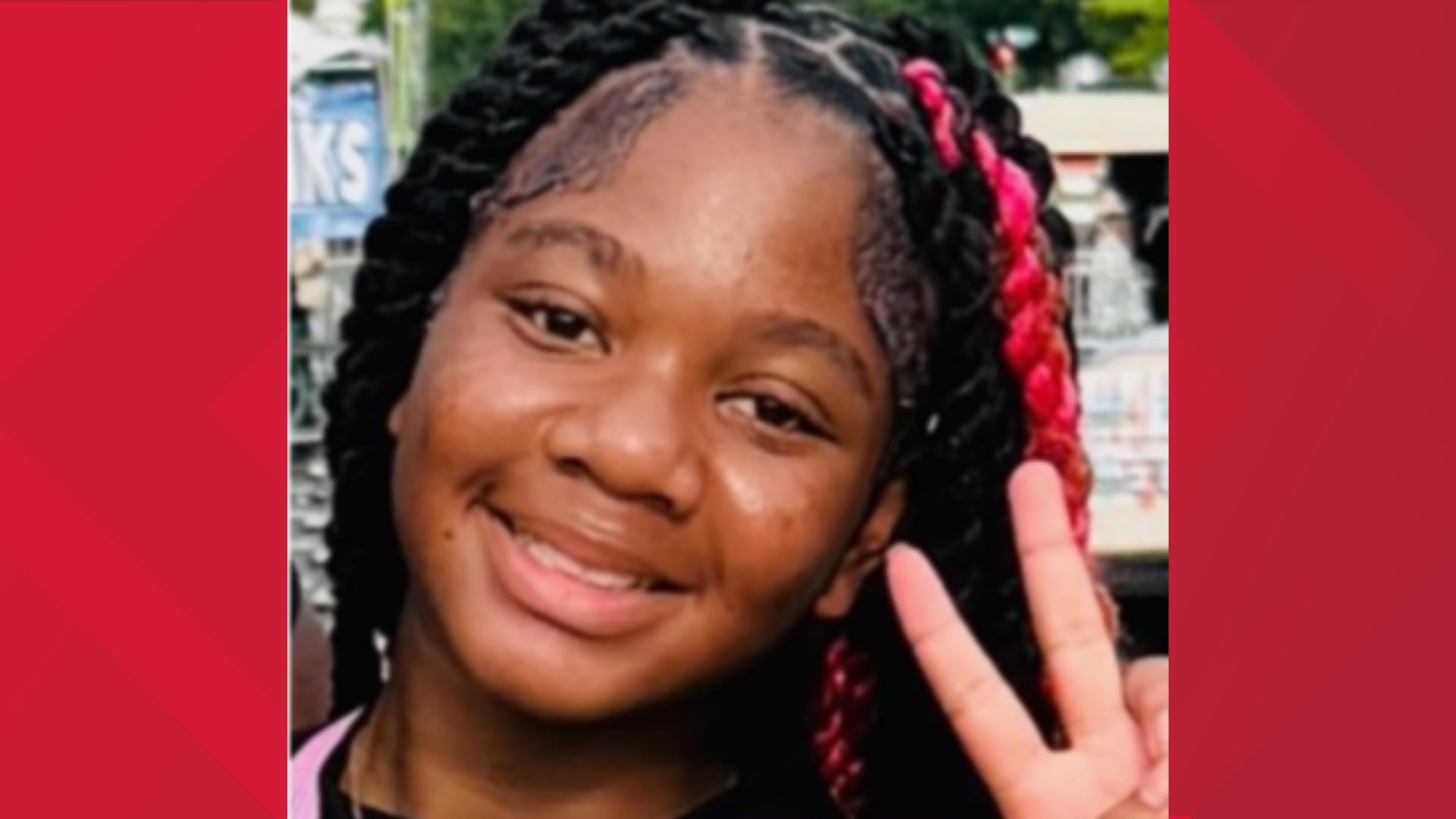
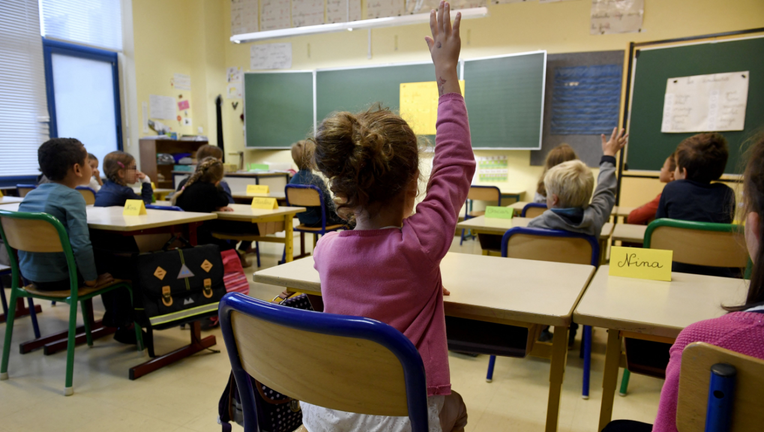

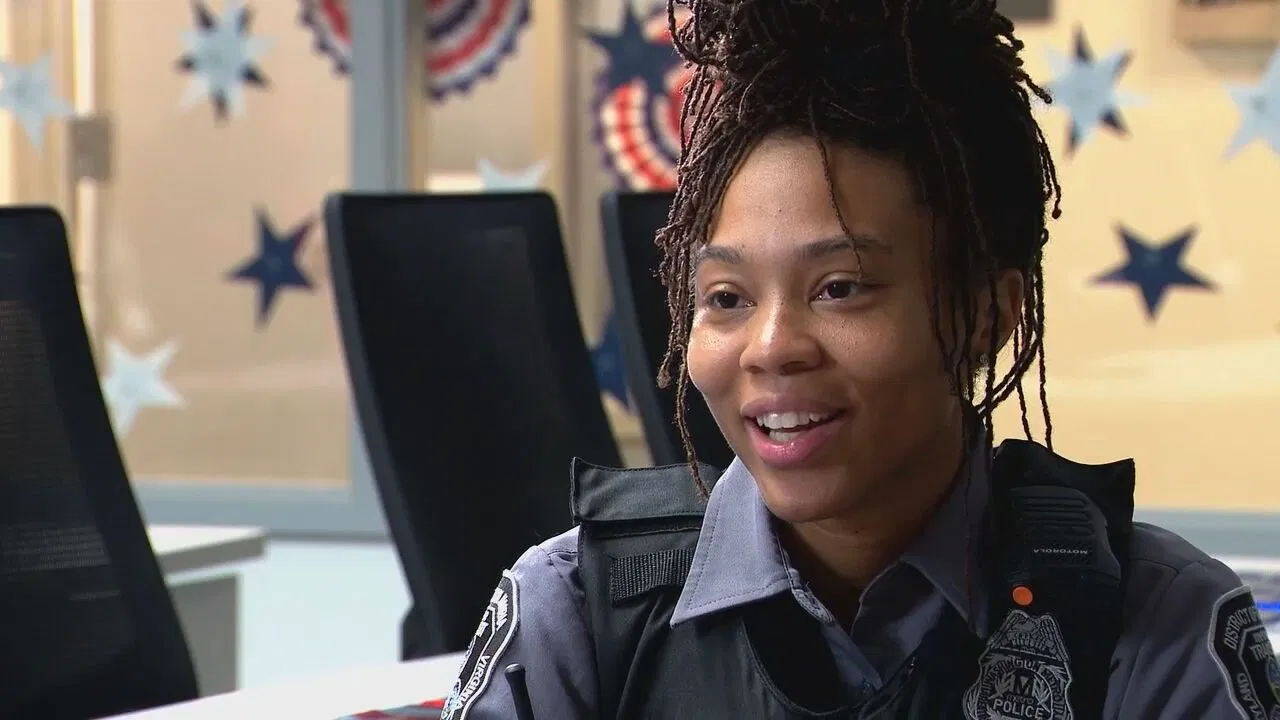
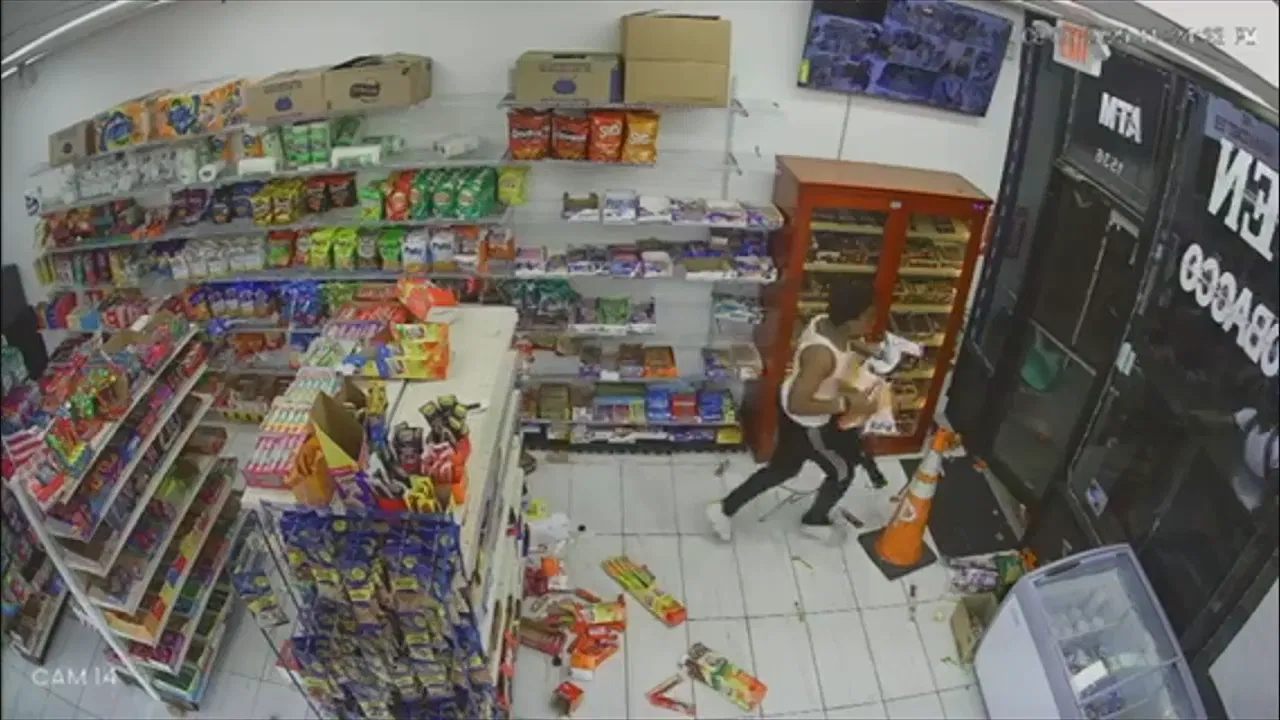
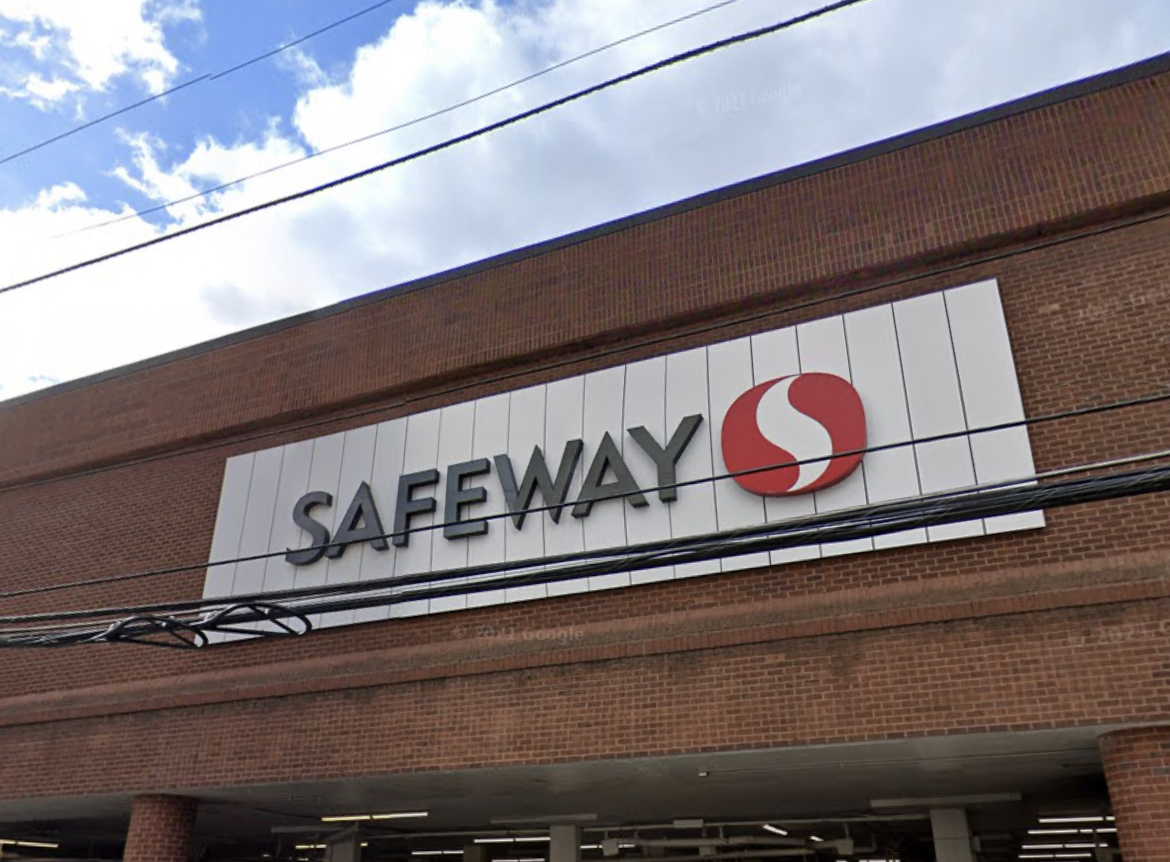
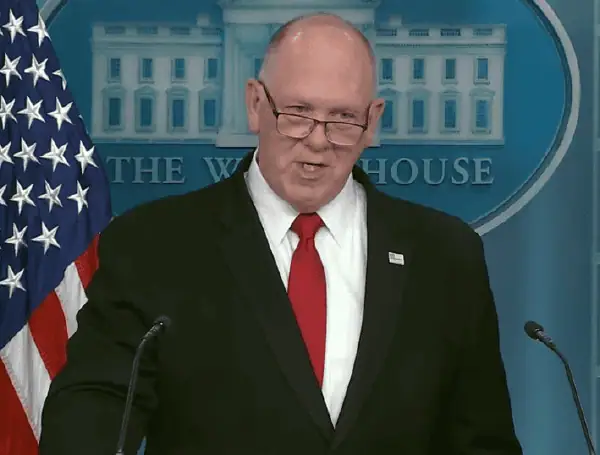

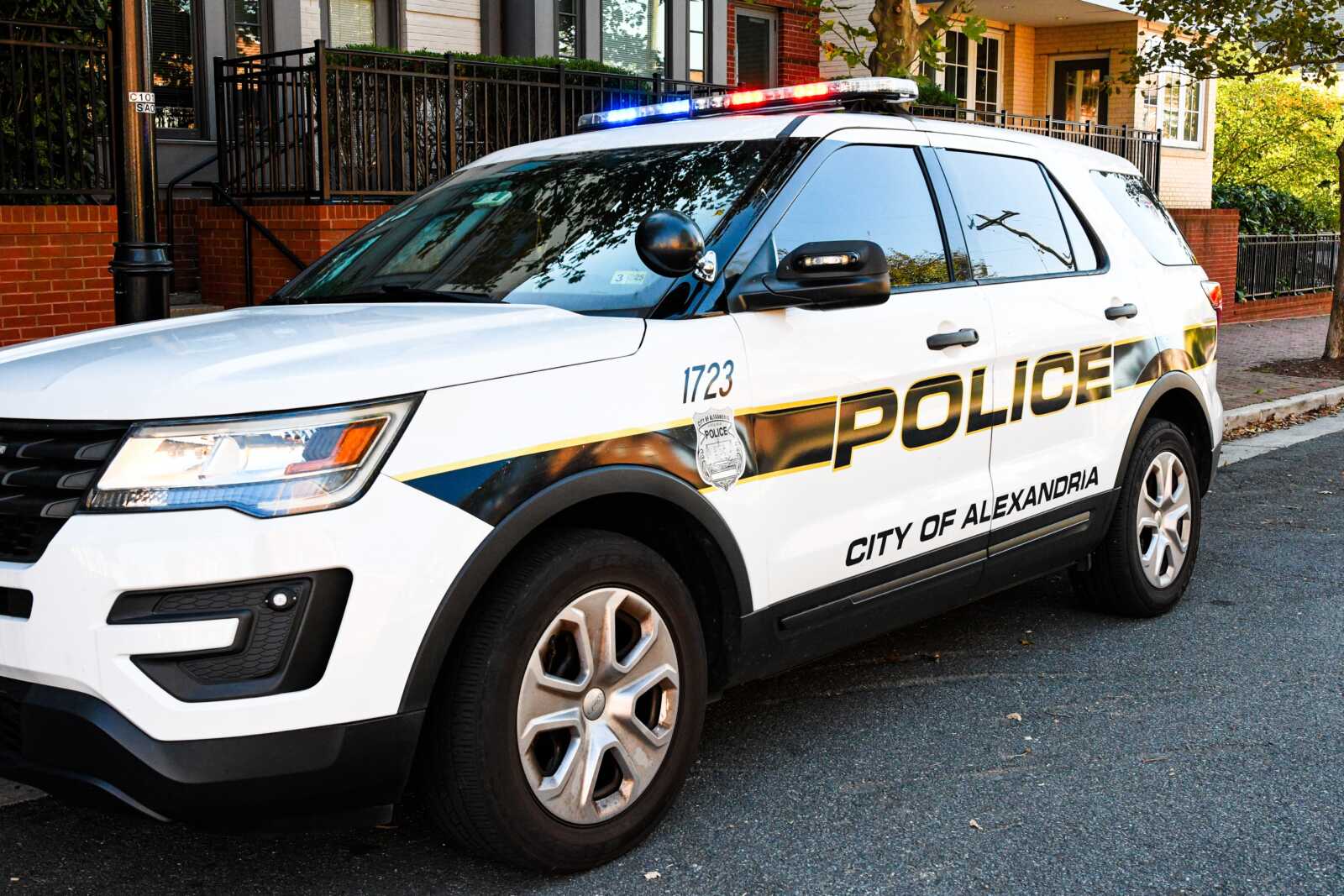




Leave a Reply